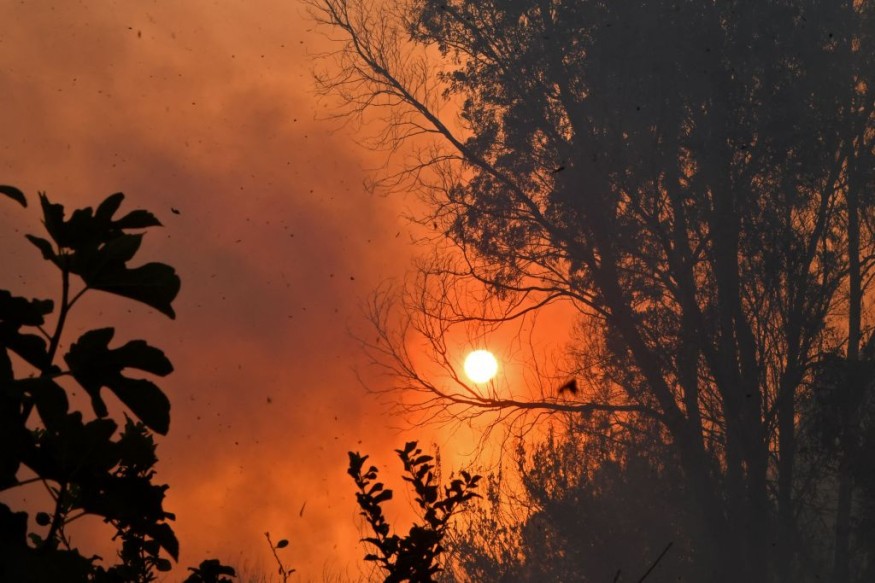
Authorities said that the deaths and hospitalizations in West Africa's Sahel region was due to human-induced climate change.
Lethal Hot Spell
They said that human-caused climate change contributed to an unusually intense and lethal hot spell throughout the region this April.
The heatwave caused temperatures in Mali and Burkina Faso to climb to more than 45 degrees Celsius (113 degrees Fahrenheit) between April 1 and April 5. Officials said that the unusual spike for the season likely led to numerous deaths.
In Bamako, the Gabriel-Toure Hospital announced a surge in excess deaths, with 102 deaths over the first four days of April.
Around half were over the age of 60 and the hospital reported that the heat likely played a role in many of these deaths.
Meanwhile, a lack of data in the countries affected makes it impossible to know how many people were killed, however, it is likely there were hundreds or possibly thousands of other heat-related deaths.
Climate change, caused by burning fossil fuels like oil, coal and gas, and other human activities, is making heatwaves more frequent, longer and hotter around the world.
Experts said that to quantify the effect of human-caused warming on the extreme temperatures in the Sahel and West Africa, they have analyzed weather data and climate models to compare how these types of events have changed between today's climate, with approximately 1.2°C of global warming, and the cooler pre-industrial climate using peer-reviewed methods.
The analysis looked at the five-day average of maximum daily temperatures in two areas: one that includes southern regions of Mali and Burkina Faso, where the heat was most extreme, and a larger area including regions of Niger, Nigeria, Benin, Togo, Ghana, Côte d'Ivoire, Mauritania, Senegal, Gambia, Guinea-Bissau and Guinea, where temperatures were widely above 40°C.
The scientists found out that both the daytime and nighttime heatwaves, across both regions, would have been impossible if humans had not warmed the planet by burning fossil fuels like oil, coal and gas, and with other activities like deforestation.
Climate change made the maximum temperatures 1.5°C hotter and the nighttime temperatures 2°C hotter for the Burkina Faso and Mali region, and the five-day daytime temperatures for the wider region 1.4°C hotter.
More Common, Dangerous
They warned that events like these would become much more common, and even more dangerous, unless the world moves away from fossil fuels and countries rapidly reduce emissions to net zero.
If global warming reaches 2°C, as is expected to occur in the 2040s or 2050s unless emissions are rapidly halted, similar events will occur 10 times more frequently.
The researchers also quantified the possible influence of El Niño on the heat, but found that its effect was not significant when compared with the influence of human-caused climate change.
The study also highlighted factors that worsened the impacts of the heat across the region.
The heat occurred at the end of Ramadan when many Muslim people fast during the day.
The Sahel region has a large Muslim population and while high temperatures are common in April, the researchers say the relentless day and nighttime heat would have been overwhelming for many people who were abstaining from food and water.
Related Article : Marine Heat Waves: New Zealand's Hauraki Gulf Region Experiences Extreme Temperatures Since 1967
© 2025 NatureWorldNews.com All rights reserved. Do not reproduce without permission.





